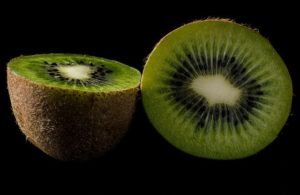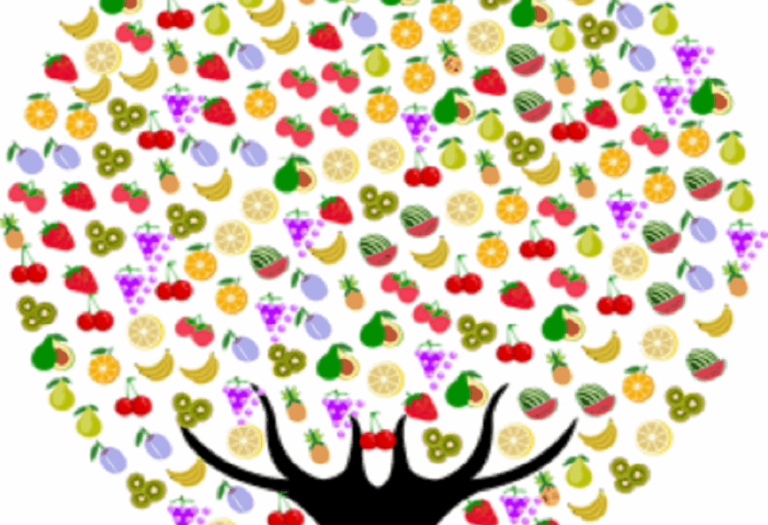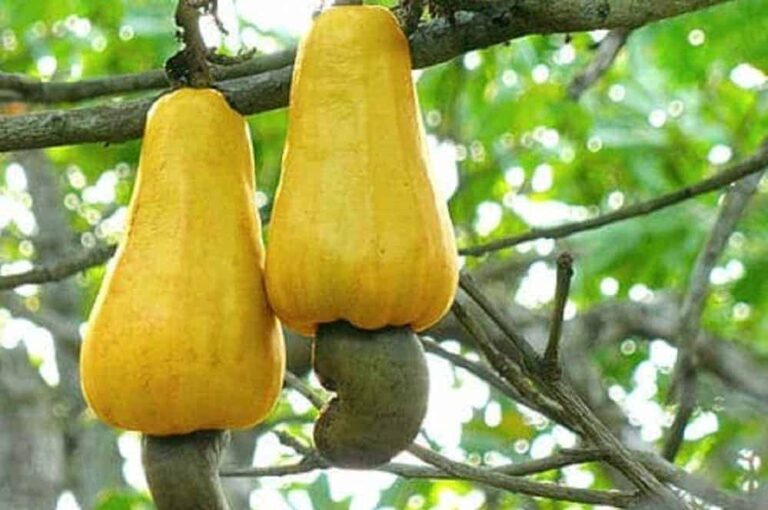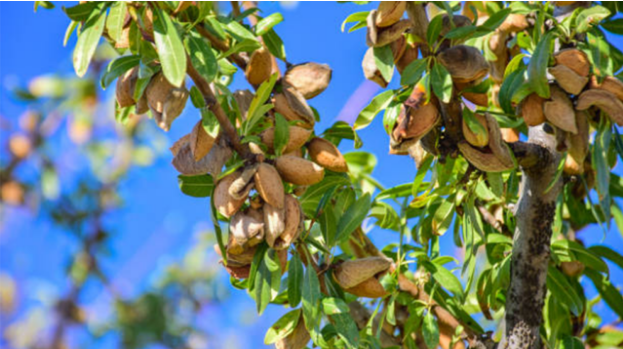Your cart is currently empty!
Sleep Benefits Of Kiwi | Sleep Supporting Nutrients And Antioxidants
While it’s a relatively new phenomenon, the kiwi fruit has recently picked up a new and impressive reputation. The Kiwi is now considered to have the perfect cocktail of nutrients and antioxidants to improve sleep patterns and function. There have been numerous studies to confirm this fact, and it’s time to share the news.
We all have a friend or family member who suffers from poor sleep or insomnia. Perhaps, we ourselves are living with some type of sleep disorder. We now have solid information from many scientific sources that proves the Kiwi can help us get a longer amount of sleep.
Kiwi Has The Right Nutrients
Kiwi is rich in various nutrients, and research has found that it contains high levels of many of them. Some key nutrients within Kiwi that provide sleep benefits are melatonin and serotonin. Other nutrients in Kiwi that also aid in supporting sleep are folate, carotenoids, flavonoids, and antioxidants. Each one depends on the other.
Kiwi contains many antioxidants. Antioxidants are those amazing nutrients in many superfoods which fight pesky little free radicals. Free radicals continue floating around in our system and drag us down causing lethargy. Getting rid of these gives us better rest and more energy while we are awake.
The Ingredients Make Up A Kiwi Fruit

Kiwi is so mighty that, in some studies, there is a significant increase in proper sleep function. We know how an adult body works, requiring seven hours of sleep a night. That is proven through testing as required for maximum function. Teenagers and children need far more sleep than adults and seniors. This can range between nine and ten hours of sleep a night to ensure healthy growth and body function.
Unfortunately, many adults are falling short of the recommended seven hours of sleep on a regular basis. Not suitable for vitality and long-term health. Lack of sleep can lead to more serious health issues. Poor sleep habits should be taken seriously as a significant health concern. Some of these studies show that Kiwi can add an entire hour of sleep to your night when consumed in the recommended way. This makes the Kiwi a potential natural treatment for insomnia and general sleep disorders.
Kiwi helps with various components of sleep function in our bodies. It helps not only with falling asleep but also with staying asleep. Additionally, research has found that Kiwi helps individuals fall back to sleep after waking up. In addition to melatonin and serotonin, which aid sleep, More ingredients contribute to the sleep benefits of Kiwi, including magnesium and potassium. When these two elements are combined with calcium from other sources, it helps the muscles relax and restore. This allows for less room for nighttime cramping and muscle spasms, resulting in better rest and sleep.
How to Use the Kiwi for Better Sleep

It appears that many studies suggest the best way to use kiwi to aid in falling asleep and sleeping, in general, is to eat kiwi fruit an hour before heading to bed.
A baseline study completed in 2007 shows that there is a way to use Kiwi to maximize the effectiveness of its sleep aid potential. Other studies conducted later also corroborate the following: eat two Kiwis an hour before bedtime. This sounds like a healthy dessert. A study that included mice as the test group was conducted and yielded solid evidence that kiwi affects their sleep patterns and increases sleeping time proportionate to the amount of kiwi extract given to them.
This could mean that the more Kiwi we eat, the more effect it has on our sleep. Certainly, this leaves us some room for experimentation! For now, the recommended dosage for an average adult is two Kiwis. They suggest that eating one hour before bedtime is ideal, but it’s great no matter when you can manage it.
Kiwi is a Win-Win
In addition to being a nutritious fruit containing high amounts of vitamins C and E. These basic nutrients, combined with the nutrient folate, have been found to help with insomnia. The nourishment that Kiwi provides to our body can help us in a long-term and more effective way than non-benzodiazepine and benzodiazepine pharmaceuticals. Kiwi also contains the potent nutrient serotonin in a reasonably high concentration for such a little fruit. It is a safer choice to prevent chemical dependency and/or develop tolerance to substances such as alcohol.
The Sleep Council
There is actually an entire council devoted to sleep called “The Sleep Council”. They are located in the U.K. where 40% of the population gets less than 6 hours of sleep per night. This council also recommends that we eat two kiwis an hour before bedtime. Other recommendations for a bedtime wind-down ritual include eating more fiber, regular exercise, and taking a warm bath a few hours before sleepy time. Plenty of sleep studies are available looking for participants. Those studies could aid scientists in finding more ways for all of us to catch up on our Z’s.
There is a simple spoon-dropping sleep test you can conduct called the “sleep latency onset test”. Conducted in the afternoon, one holds a metal spoon in their hand over a metal tray and tries to fall asleep. When the spoon falls to the tray, the clacking should be enough to wake you up. A timer is set at the closing of the eyes and attempted sleep. The sooner you fall asleep, the worse your sleep deprivation problem may be. It is an old-fashioned, tried, and true test, to find out how severe your sleeping issues are.
Understand Holistic Medicine By Discovering The Sleep Benefits Of Kiwi
While it is great to be able to self-diagnose, especially these days, always seek out the advice of a healthcare professional to ensure optimal results for sleep and insomnia issues. The sleep benefits of kiwi are considered a holistic cure for those looking to support sleep naturally. Kiwi is delicious any day and can be included in your nighttime regime with little to no negative consequences. Kiwi can stay fresh for one to two weeks, therefore, many people store dried kiwi in bulk to make sure it is a staple in the diet.
Article Written By Dana Witengier






